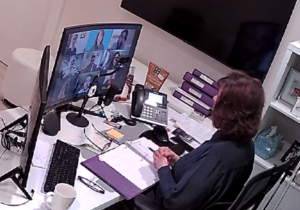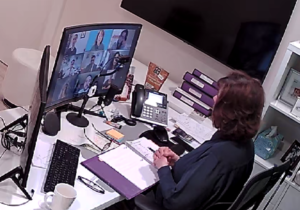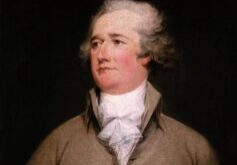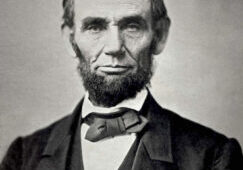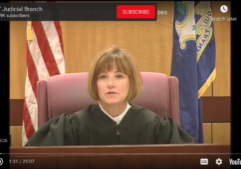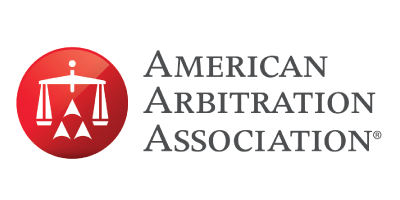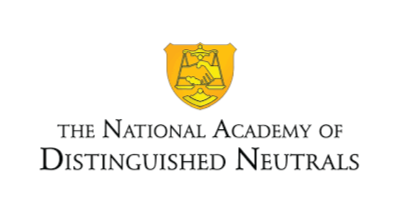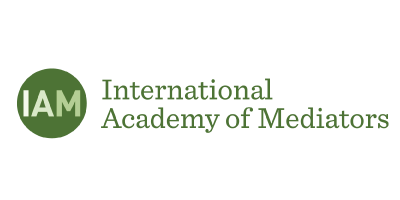5 Year Anniversary
by Judge Elaine Gordon (ret.)
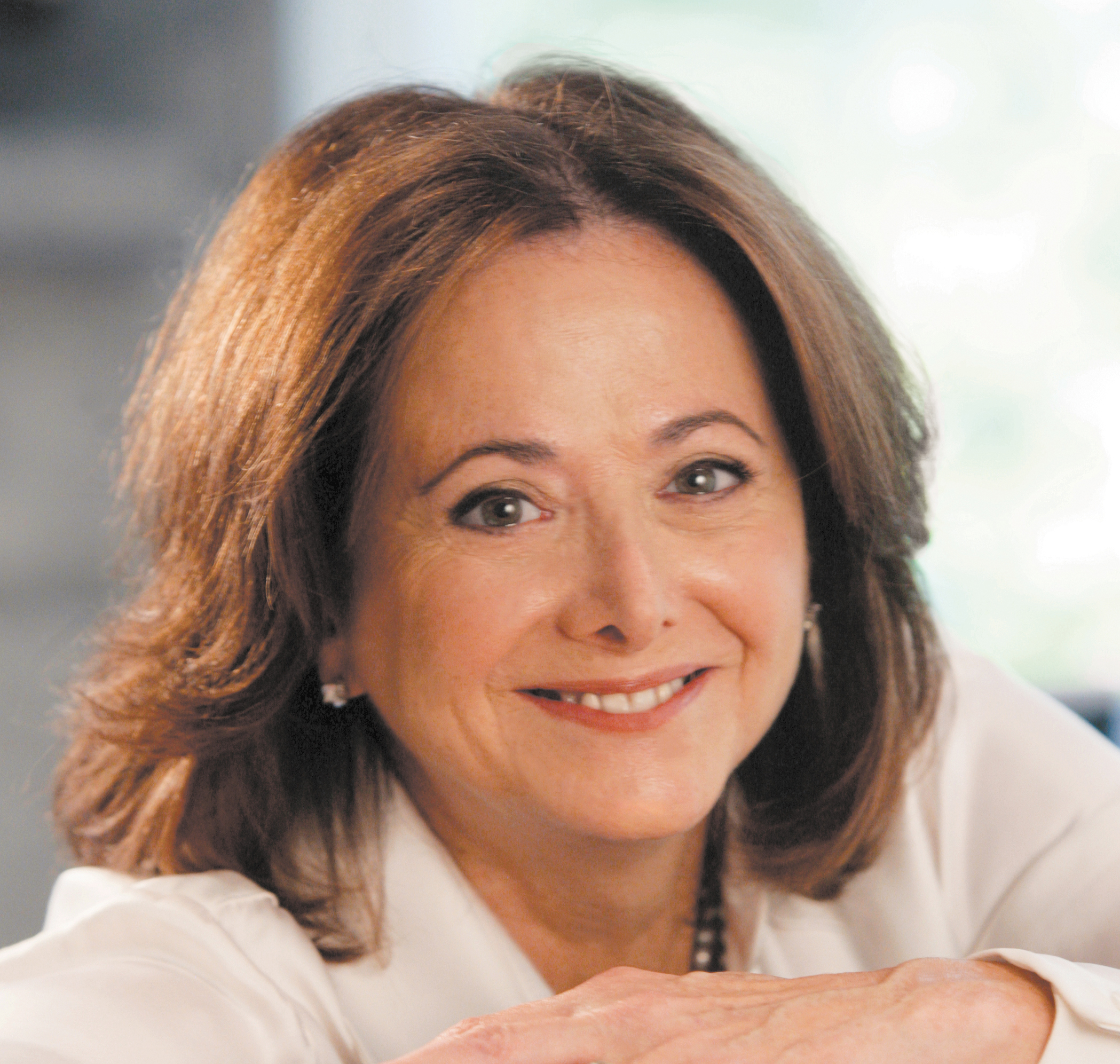
Elaine Gordon is a retired Superior Court judge and founder of Gordon ADR. She is a member of the National Academy of Distinguished Neutrals and a Distinguished Fellow of the International Academy of Mediators.
A Note from Judge Gordon
It’s hard to believe five years have passed since I retired from the bench and took the plunge into the world of private mediations and arbitrations. Leaving the relative security of the courtroom was a scary decision but, in hindsight, it was the right decision. I am grateful to over 950 different lawyers with whom I have had the privilege to interact and the challenge of more than 750 cases.
While I was no stranger to ADR before I left the bench, sitting in a courtroom several feet above clients and their counsel is nothing like sitting in a conference room elbow to elbow with participants and sprinting from room to room. My experience on the bench continues to serve me well, but my current work bears little resemblance to what I did as a judge.
So, on this fifth anniversary, I would like to share what I’ve learned from so many of you....
When I took my first course in mediation in 1993, it was taught as a process with predictable stages: openings; issue identification; caucus; negotiation; agreement; close. In practice, it is a lot less orderly and much more complex than anyone ever tells you.
Unlike the courtroom, where only the merits of a claim are supposed to matter, in mediation, examination of those claims reveals deeply felt emotions. I’ve learned that negotiating a settlement, with party participation, is complicated. There is very little black and white. Victory for participants may only be the one that they declare for themselves.
Negotiation treatises teach that we should “separate people from the problem,” assuming that emotions must be set aside to reach resolution. In fact, they are a substantial part of the dispute and must be treated as such.
Unless clients experience empathy and respect for their emotions, they can’t move on to the substance of a dispute. I’ve learned that I must invest time and genuine concern towards the clients if I expect them to trust me to help them reach a reasonable solution.
When I went on the bench in 1988, the fax machine had just been introduced. Now, the practice of law has evolved into a digital world with no “off” switch. As a judge, I was insulated from much of this change. Now I truly understand how demanding the practice of law has become. I am in awe of how hard lawyers work on behalf of their clients. I can only hope to match their effort and work just as hard for them and their clients.
And while we are on the subject of lawyers, I’ve learned that my instincts were correct when I promised not to mediate by beating up on the “more reasonable” side. My job is to help participants assess risk, and not to come between lawyer and client. Discussions of risk should be a respectful dialogue. I have learned to exercise the diplomacy muscles that sometimes atrophy on the bench.
I have learned so much from all of you. I thank you for that and for trusting me with your cases and your clients. I know I must continue to earn your trust every day. Thank you again for the past five years. You have made hard, very challenging work, truly enjoyable.





